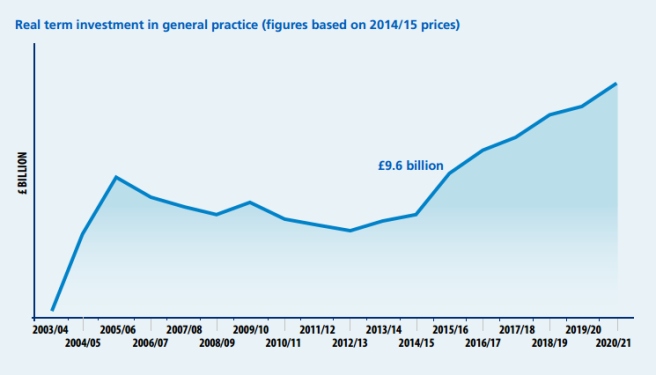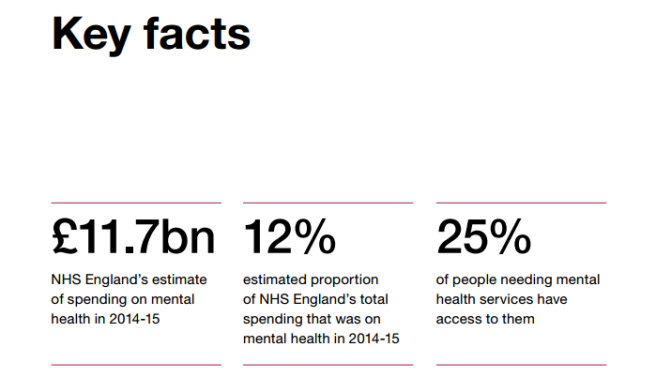Bytautas, J.P. et al. BMJ Quality & Safety. Published Online: 20 April 2016
Background: Quality improvement (QI) is becoming an important focal point for health systems. There is increasing interest among health system stakeholders to learn from and share experiences on the use of QI methods and approaches in their work. Yet there are few easily accessible, online repositories dedicated to documenting QI activity.
Methods: We conducted a scoping review of publicly available, web-based QI repositories to (i) identify current approaches to sharing information on QI practices; (ii) categorise these approaches based on hosting, scope and size, content acquisition and eligibility, content format and search, and evaluation and engagement characteristics; and (iii) review evaluations of the design, usefulness and impact of their online QI practice repositories. The search strategy consisted of traditional database and grey literature searches, as well as expert consultation, with the ultimate aim of identifying and describing QI repositories of practices undertaken in a healthcare context.
Results: We identified 13 QI repositories and found substantial variation across the five categories. The QI repositories used different terminology (eg, practices vs case studies) and approaches to content acquisition, and varied in terms of primary areas of focus. All provided some means for organising content according to categories or themes and most provided at least rudimentary keyword search functionality. Notably, none of the QI repositories included evaluations of their impact.
Discussion: With growing interest in sharing and spreading best practices and increasing reliance on QI as a key contributor to health system performance, the role of QI repositories is likely to expand. Designing future QI repositories based on knowledge of the range and type of features available is an important starting point for improving their usefulness and impact.
Read the full article here





 Image source:
Image source: